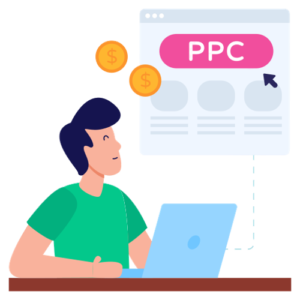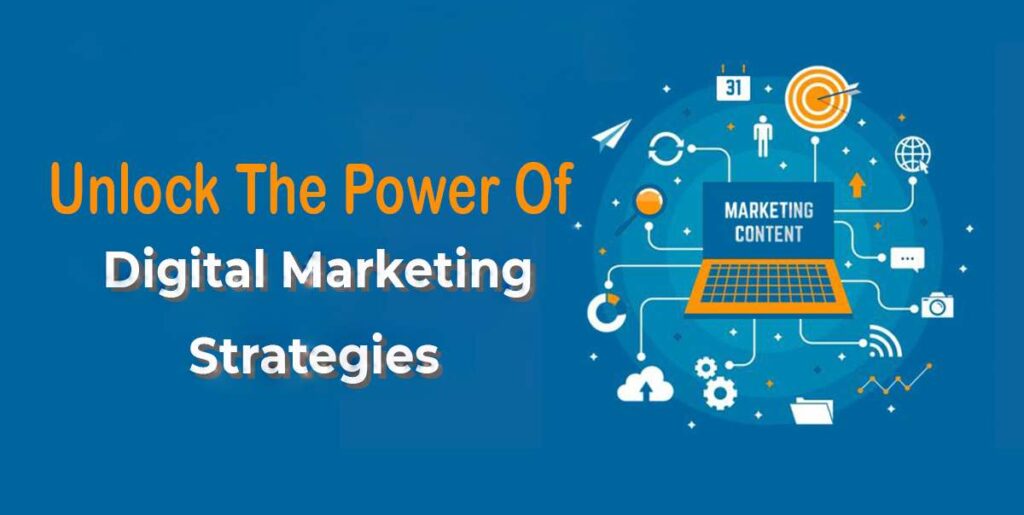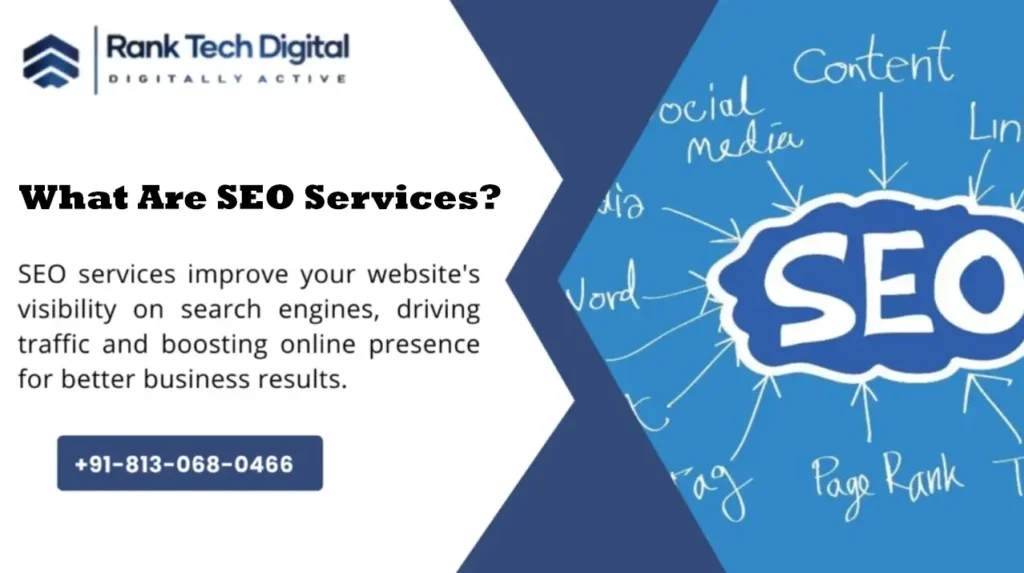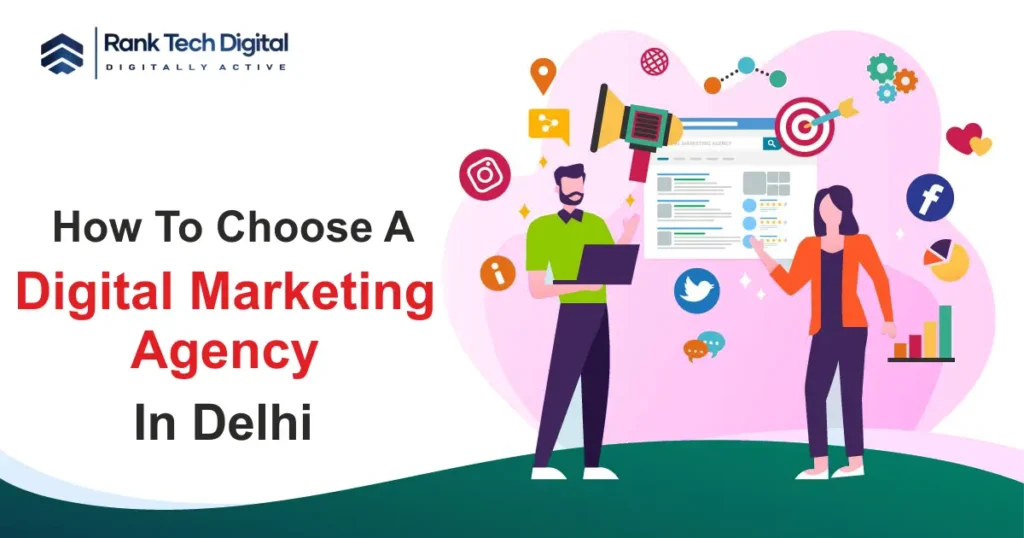Unlocking the Power of Digital Marketing Strategies for Success
Digital marketing is a way of marketing where you can access all things in one place and you can target your audience across the whole country. You can sell out and run your business with more profit and more sales with less effort in this technological world you have to understand, how things are going digitally. if you want to earn as much as you need then you have to be familiar with digital marketing. This is the most important skill which needs everyone needs to learn this blog will discuss digital marketing and their type and work so without any further delay let’s get started.
Table of Contents
Toggle
What are Digital Marketing Strategies?
Digital marketing strategies are all-encompassing plans and methods that organizations and people employ to advertise their goods, services, or brands on numerous online platforms and channels. It is ultimately to achieve your marketing goals, generate leads, attract visitors, and engage target audiences. In order to enhance the efficacy of online marketing initiatives, a well-structured strategy brings together a variety of methods, approaches, and platforms that are all part of digital marketing.
What Are The Components of Digital Marketing Strategies?
There are many types of digital marketing but will tell you the most important and best 9 modules. which gives you good knowledge you can utilize to earn money and make your skills good and work on your own basis, which will help you to achieve your goal digitally
So here is the list of that modulus:
- Search Engine Optimization (SEO)
- Social Media Management (SMM
- Email Marketing
- PPC advertising/Google ads
- Content Marketing
- Affiliate marketing

-
Search Engine Optimization (SEO)
SEO stands for Search engine marketing. In this Module, we are learning about how can we optimize websites on Google and make them better than others and rank these websites for ranking the website in Search Engine. We should keep remembering that the most important thing is keywords because, without the right keyword, we can’t Rank any website. In this module, there are two parts.
- On Page: This is especially for optimizing the site and it’s in our hands how we are optimizing our site to make them better.
- Off Page: In This section, we are creating the link for our sites and asking others to refer to the do-follow links. Which is not in our hands but if we build regular backlinks we will get some good do-follow links. Note Keep Remember never buy paid links try to get them in free.

-
Social Media Management (SMM)
In Social Media Management We are creating the profile first and then make a page of the business/organization which helps us to reach the audience all over the world without investing any kind of money and is totally free. We can create a good post and reel and story also you should publish atleast3 Reels on each social media platform creating a good engagement for your social media Business. One post every day will boost your presence and make your audience and you can utilize them in any way you want. If you are not getting much traffic On Your post. Then You Can Run Add. and generate traffic.
-
Email Marketing
In this Module you can do email marketing you can utilize people and you can be marketing on email and you can run ads also. And utilize
Yourself for the best sale and best audience.

-
PPC Advertising (Google ads)
This Is a platform where you can run ads and get traffic. It’s paid type campaign and here you should understand the base ads. In this module, you have to run 6 types of ads that help you to get the right audience.
- Paid Search Advertising
- Social Media Advertising
- Display Advertising
- Native Advertising
- Print Advertising
- Broadcast Advertising
-
Content Marketing:
Creating and distributing valuable, relevant, and consistent content (such as blog posts, articles, videos, and infographics) to attract and engage the target audience, establish authority, and drive organic traffic. It is good for the Small Business
-
Affiliate Marketing
In this Module you can earn with refer and earn and commission and as much as you can earn as much you can share and earn and you can with refiring domain websites and hosting websites and many more product link.
In Conclusion, In this Blog, I have shared the knowledge which you need to know about the base of digital marketing and its types I hope you can understand the way of digital marketing and how works.







 Gaithersburg MD, USA
Gaithersburg MD, USA